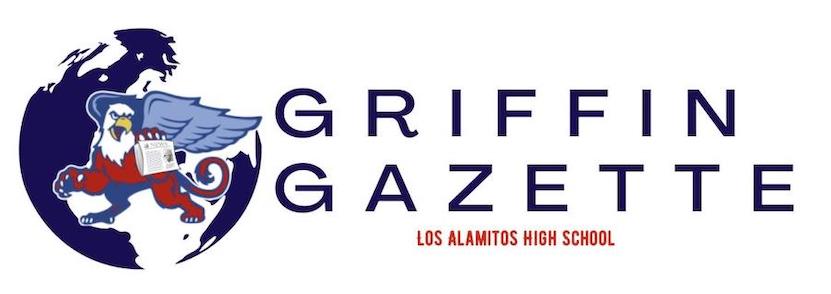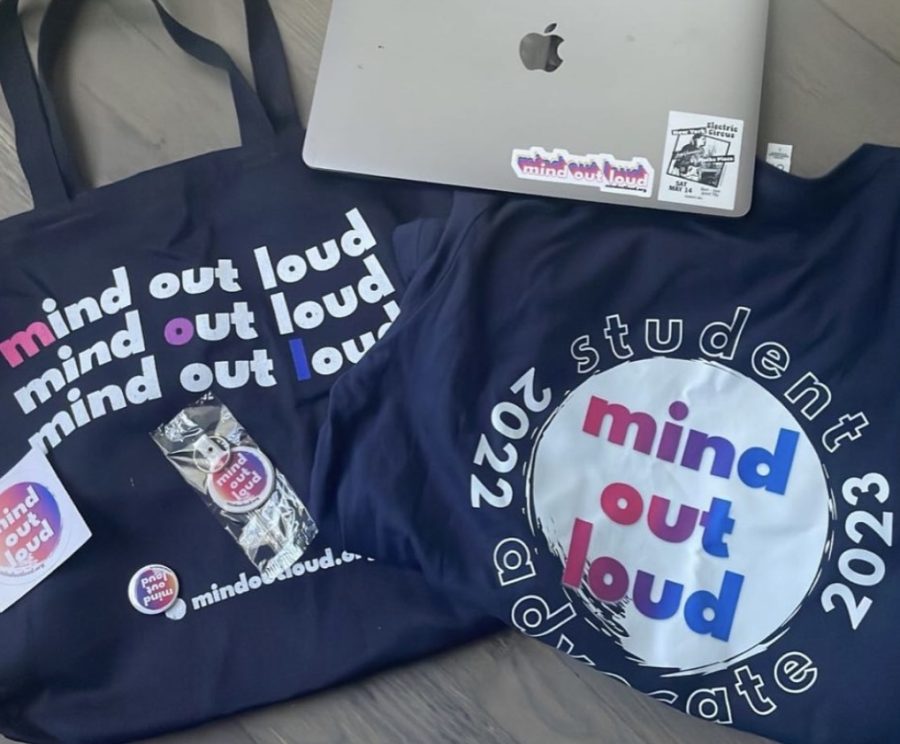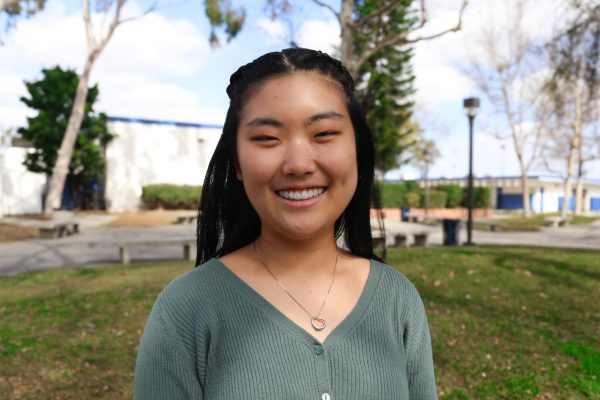I attended the Mind Out Loud webinar, and here’s what I learned
The free student mental health event was cosponsored by the California Department of Education
@richa.viswanath and @molstudents via Instagram
Mind Out Loud merchandise prize given to a student attendee.
May 8, 2023
LOS ALAMITOS, CA — On Thursday, April 27, I attended Wellness Together School Mental Health’s third annual Mind Out Loud (MOL), a free webinar for middle and high school students from across the country and world.
From 3-6 p.m., Wellness Together brought in members of their team and speakers from other organizations to share their stories, offer solutions, and reduce stigma around mental health.
Wellness Together is a non-profit organization based in Sacramento, California that offers counseling services to students and educators. MOL is their student-led movement adding more youth voices to mental health conversations. While MOL 2023 was its major annual event, the nonprofit also hosts free virtual workshops every month.
MOL 2023’s co-hosts were Maya Gomez, a student representative, and Jeremiah Aja, Director of Business Development. Students logged on across the globe, from San Diego to Pakistan. I tuned in from my bedroom and stayed for an hour, which was the perfect amount of time for me because three hours is a long time to sit on Zoom.
The first speakers were Crystal Widado and Thi Chan, who shared what it’s like being MOL student representatives. Then Gomez and Aja discussed the previous week’s launch of Wellness Education Lab (WEL). Partnered with Wellness Together, the California Department of Education, and MOL, WEL tackles the student mental health crisis through free training modules for students 13 and older, parents, and educators.
Wellness Together’s founder and CEO, Marlon Morgan, spoke about their approach to mental health: Acceptance Commitment Therapy (ACT) instead of Cognitive Behavioral Therapy (CBT). I researched more on the difference between these methods through Chelsea Psychology Clinic’s website.
The way I understand it, ACT seeks to make peace with painful thoughts and emotions, while CBT seeks to change them. ACT, a newer method, focuses on accepting and facing your reality, thoughts, and problems. CBT uses repetitive actions to replace automatic negative thoughts with positive ones.
Personally, I find that ACT makes more sense. Often with difficult emotions, you feel what you feel, and it’s easier to accept and process them than immediately try to change them. I think combining the approaches could work, starting with ACT to accept what you feel, then using CBT to work through those feelings and practice positive behavior.
Something major I took away from MOL came from Fransecsa Reicherter, founder and president of Inspiring My Generation, a national nonprofit working toward mental health awareness and suicide prevention.
Reicherter brought up the difference between asking “How are you?” and “How are you really?” The first is a question people ask and answer every day. Most teenagers automatically respond “good” or “fine.”
Sometimes we don’t want to burden the other person with why we feel less than fine. But asking “How are you really?” lets the other person know that you care about how they’re really doing and are there to listen. This reminded me of an article in The New York Times about what to ask when someone is upset: “Do you want to be helped, heard, or hugged?”
Depending on the situation, I might want advice, someone to rant to, or just an embrace. Regardless, asking an open, purposeful question leaves the other person free to honestly express how they feel and what they need. I believe this is the simplest, yet most effective, way for everyone to start wellness conversations.
I also felt moved by Inspiring My Generation’s Encouragement Cards initiative. After her first suicide attempt, Reicherter wrote notes to herself with positive messages that she needed to hear. She sent these notes to the psych ward she stayed at because she had been the only patient who received visitors. This grew into a major project. Reicherter now personally reads thousands of uplifting messages people send in before mailing them to psych wards.
The next MOL speaker was Preston Pollard, an Alaskan skateboarder with an inspiring story. While he was growing up, people told Pollard that he had learning disabilities, he should join football, he would never succeed skateboarding. Despite this, he persevered and became a professional skateboarder in L.A.
Pollard also started the Push Forward program, which includes video curriculum on emotional intelligence and celebrity interviews to empower kids. He gave three pieces of advice to MOL students.
The first was “Your attitude gotta be gratitude,” saying what you’re grateful for every morning. He also encouraged repeating a mantra to yourself while meditating.
Pollard’s second tip was to set small goals. This resonated with me because I live off my to-do list of homework assignments, article deadlines, and books. Setting small goals makes me feel more accomplished and positive. I have a vision board for long-term goals, which Pollard also suggested.
His last piece of advice was to develop a self-care routine, whether that’s aroma therapy, positive thoughts, walking, or eating healthy. For me, it’s setting aside time to read, dance, and spend time with friends and family.
However, Pollard also spoke about a time in his life when he found himself in the company of people who did not have his best interests at heart.
“Show me your friends, and I’ll show you your future,” Pollard said. I agree that surrounding yourself with people who care about you is vital to success. Guided by the words of Dr. Michael Beckwith, Pollard added that when going through a hard time, think “What’s trying to emerge?” rather than “Why is this happening to me?”
After Pollard, MOL attendees were free to join breakout rooms from 4-5 p.m. before rejoining the main room for the last hour. I joined the Education and Curriculum room and listened to guest speaker Catherine Delgado talk about how she increased mental health awareness at her high school.
People recognized the need for mental health care, Delgado said, but there was no concrete action. She felt like her friends treated her like their personal therapist, and she knew she wasn’t qualified to help them. So Delgado cofounded a club named SWEAR, Student Wellness Education and Resources. SWEAR spread through the San Diego Unified School District, which eventually passed a resolution to excuse absences for mental health reasons.
I think the struggle with school wellness projects can be that one campus-wide approach doesn’t work for all students. Since SWEAR is a student-led club, they are able to better represent what different students need. With the diversity of MOL guest speakers and separate breakout room paths, I believe the event had something for everyone.
Although I didn’t stay for the entirety of MOL, I took away many useful wellness tools. Overall, it was a great transition into May, Mental Health Awareness Month. I appreciate MOL’s mission to normalize mental health conversations, and I felt hopeful hearing from so many young people advocating for their mental health and making a difference.
You can watch videos from this year’s MOL on their YouTube channel.
This article was originally published in Spotlight Schools on May 5, 2023. Minor changes were made before publishing in the Griffin Gazette.






